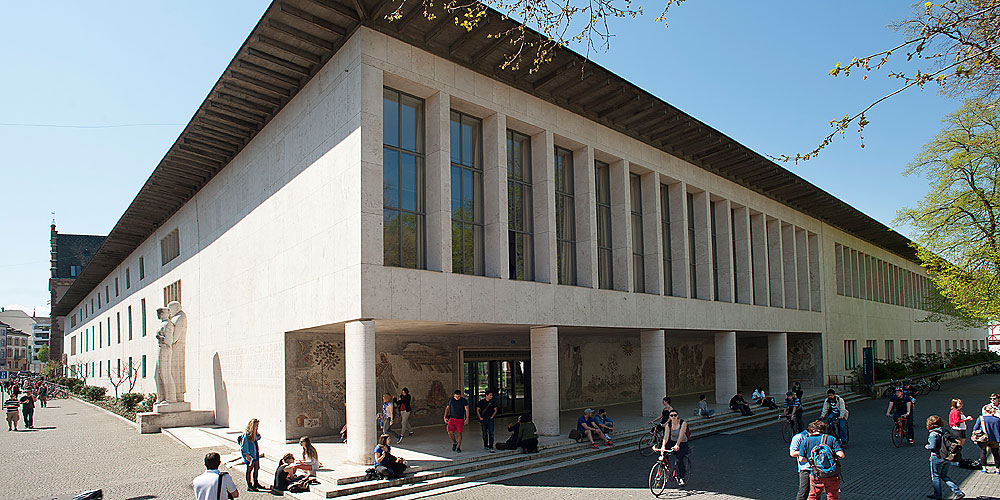Information about an artwork has no effect on the aesthetic experience of museum visitors. The characteristics of the artwork itself have a much stronger impact on observers. Psychologists from the University of Basel reached these conclusions in a new study.
Prof. Dr. Claudia Lengerke is clinical professor for hematology and stem cell research at the University of Basel and a senior physician at the University Hospital Basel. For her groundbreaking project in leukemia research, the physician is now receiving a Consolidator Grant from the European Research Council (ERC) in the amount of approx. two million euros over five years.

The sex life of hermaphroditic animals is determined by one fundamental question: Who assumes the female role and produces the costly eggs? Hamlets avoid this dilemma by engaging in reciprocal egg trading. Scientists have now used microeconomic models to analyze the circumstances required for this complex system of trading to work. Their results have been published in The American Naturalist.

Researchers at the University of Basel have developped molecular factories that mimic nature. To achieve this they loaded artificial organelles inside micrometer-sized natural blisters (vesicles) produced by cells.

In 2005, Ulrich Vischer assumed the presidency of the University Council in what were tense financial times and, with a careful hand, guided his alma mater into the joint sponsorship with the Canton of Baselland. The crowning achievement of his term of office, which has now come to an end, was the securing of two National Centers of Competence in Research (NCCR).

The simultaneous use of antibodies based on two differing mechanisms of action leads to a more effective destruction of tumors. Patients who do not respond to current immunotherapy options could benefit most from this new treatment.

Researchers at the Biozentrum of the University have demonstrated how bacteria coordinate cell division with the replication of their genetic material. In an interdisciplinary study they explain why the current concept of the bacterial cell cycle has to be rewritten. The results were published in eLife.

Silicene consists of a single layer of silicon atoms. In contrast to the ultra-flat material graphene, which is made of carbon, silicene shows surface irregularities that influence its electronic properties. Now, physicists from the University of Basel have been able to precisely determine this corrugated structure.
The Swiss National Science Foundation (SNSF) has approved the financing of three new assistant professorships at the University of Basel. The projects come from the fields of biomedical engineering, Middle East studies and eye research and receive an average of CHF 1.6 million in funding.

